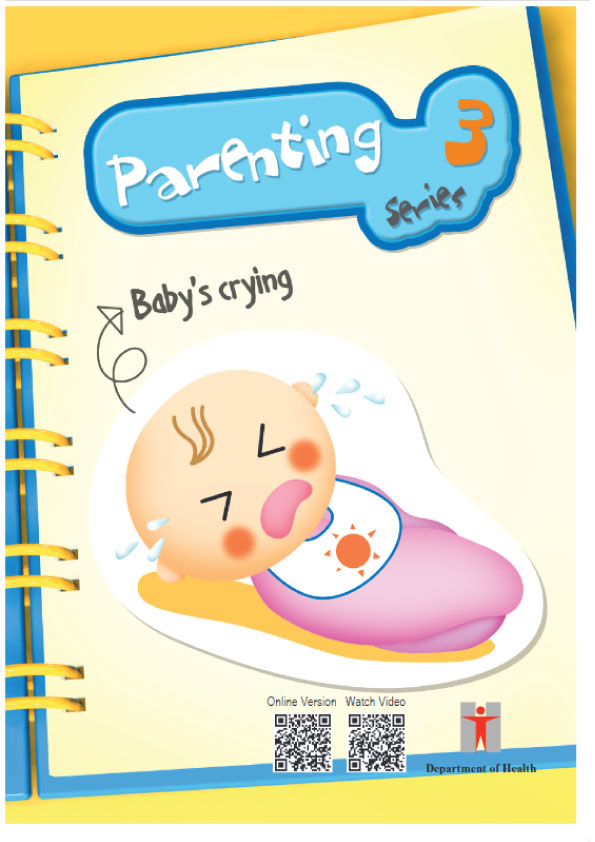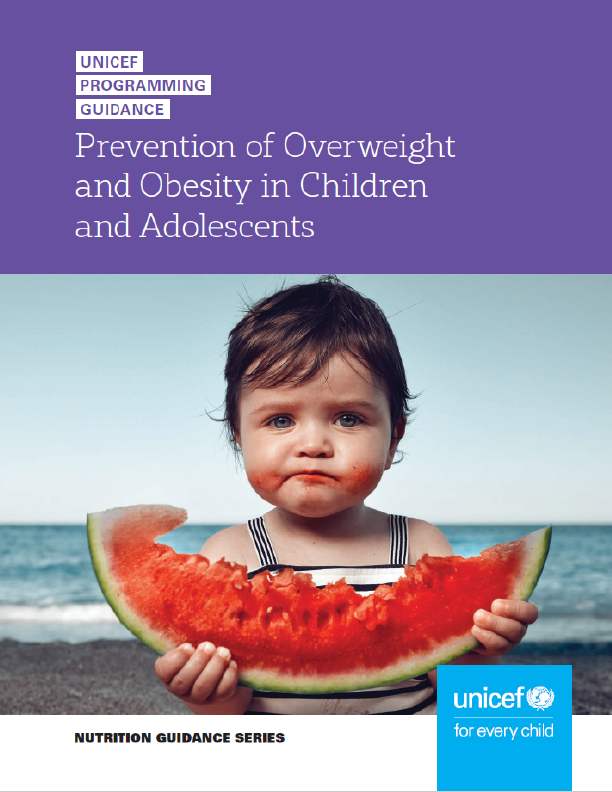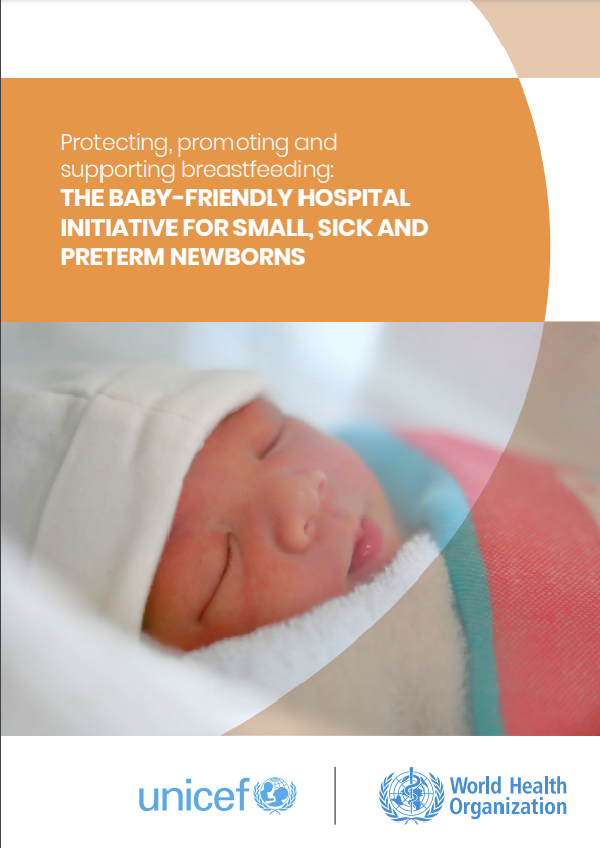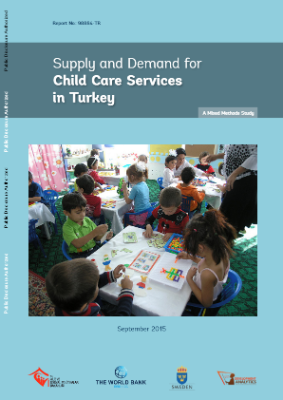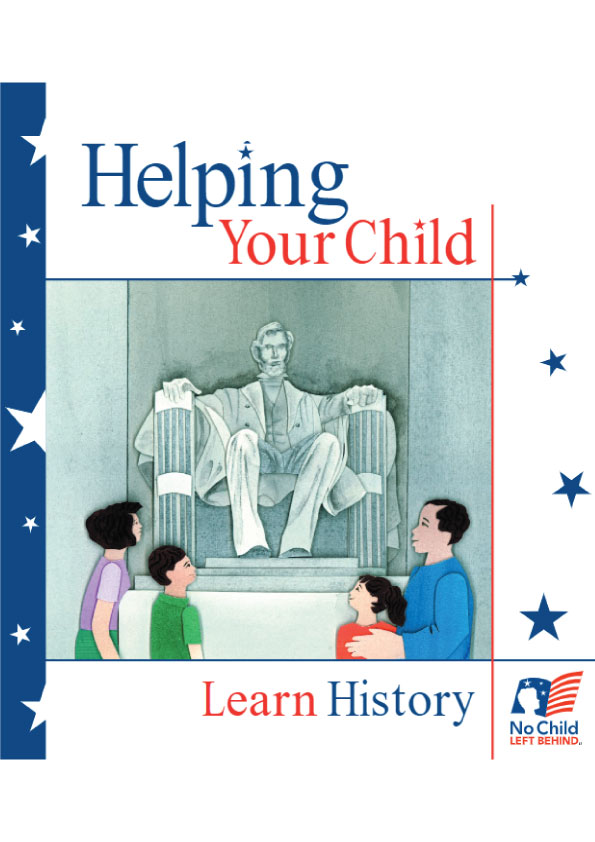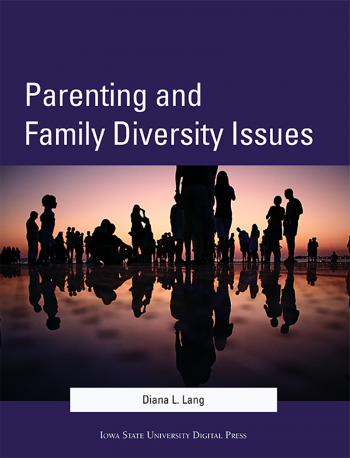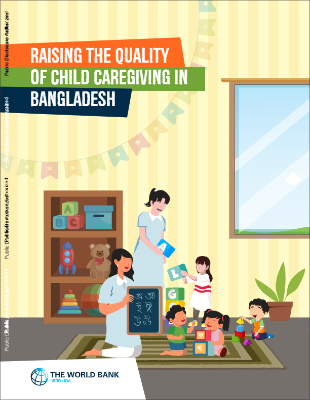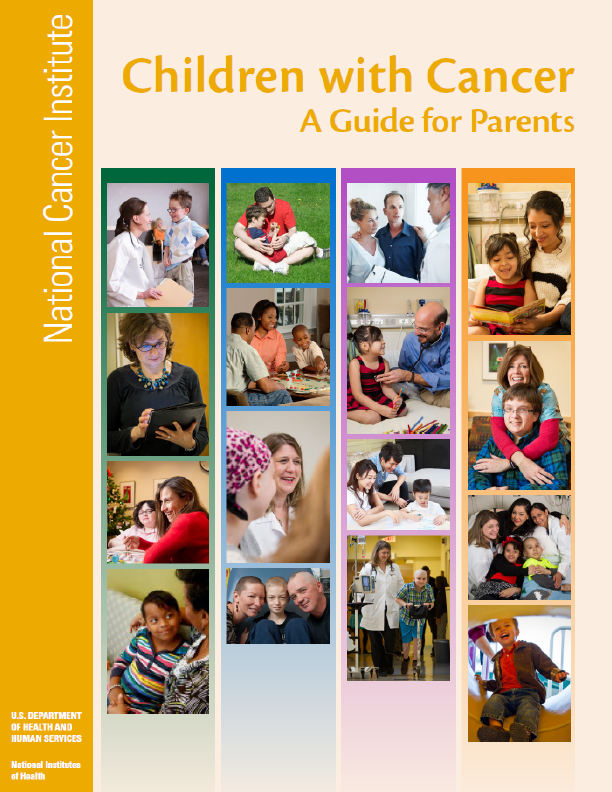Crying is baby’s instinct. New parents may feel stressful when hear their baby cry, ‘Why does she cry? Is she hungry or feeling unwell?’. They may be at a loss to look for ways to soothe the baby.
Why do babies cry?
During the first few months after birth, a baby expresses his needs through crying. He may cry to indicate:
- his physical needs
- his discomfort due to excessive external stimulation
- feeling bored and needs for company
- he is feeling unwell
- Hungry
- Nappy’s soiled
- Tummy ache
- Too hot
- Too many visitors
- Lonely
How to distinguish the cries of a baby?
Babies have a whole range of cry sounds. Each baby is unique in his response. You will soon learn the meanings behind your baby’s cries and identify her specific needs through repeated observations and prompt responses. Here are some examples:
- A hungry cry is usually low-pitched.
- An angry cry tends to be more violent.
- A cry of pain generally comes on suddenly with a loud, long, high-pitched shriek followed by a long pause and then a flat wail.
Sometimes different types of cries overlap. For instance, the baby’s hunger cry may give way to a wail of rage if parents do not attend to her. Understand baby’s needs behind and identify his fussiness or agitation signals (e.g., frowning, face turning red over her face, mouth trembling) before crying helps you promptly satisfy his needs.
How to console a crying baby?
When your baby cries, try to figure out why he cries and respond promptly. Let your baby see your face and hear your gentle voice as you go about checking out his needs. You may check whether there is a specific reason – his diaper is wet and need to be changed; he is hungry and need to be fed early this time; wearing too many outfits making him feeling hot. You may even consider other possibilities like whether his feet are being entangled or that he has been stung by a mosquito. By identifying and meeting his needs, you will have stopped his crying.
If your baby’s crying is not due to the above reasons, he probably needs more soothing. You may try some of the suggestions below:
- Caress him and talk to him gently.
- Play some soft music.
- Swaddle him in a soft blanket to give him comfort and security.
- Rock him gently or walk around in a steady rhythmic motion while you are holding him. Hold him upright and close to your body, or lay him on your shoulder and chest.
- Satisfying his need for sucking. You may consider giving your baby a pacifier. If you nurse your baby with breastmilk, you can try to breastfeed him while you are in a lying position and let him suckle until he settles himself. In this way, you can also have a rest. Offering a pacifier too early to breast-fed babies may affect them to master effective suckling on the breast. If it is needed, consider giving it to your breast-fed baby only after one month of age.
Will I spoil the baby by holding him too much?
Baby’s crying has the basic function of signaling needs. By picking her up when she needs your soothing, you show yourself to be sensitive to her needs. Your baby will feel your care and love and thus enhancing a secure relationship with you.
When your baby is calm and alert, this is the time for you to enjoy intimate interactions. Stroke, rock, or cuddle her gently. Talk or play music to her, play with her or show her interesting things. Your baby feels contented with your attention and learns that she will get this comfortable feeling when she is calm. You will not be spoiling your baby.
What to do if the baby is inconsolable?
A. Why baby cry non-stop?
Babies cry more and more in the first 3 months since birth, in particular around 2 months old, and may require much effort to soothe them. Despite the reasons behind are hard to find, this is a normal developmental course and most of the babies having such inconsolable crying are healthy. As babies gradually adapt to the external world and learn to communicate their needs through more sounds and gestures, they will cry less.
The duration of crying may vary with the temperament of babies. At the same time, the age when inconsolable crying appears may vary with the individual variation in development.
Some babies have intense daily bouts of crying between evening and midnight. They cry inconsolably, often screaming, extending or pulling up his legs and passing gas. Despite the soothing measures, babies cry non-stop and appear in pain without any reasons. This is so-called colic.
Besides, baby can feel the emotional changes in the caregiver. He may become distressed and cry a lot under the influence of the caregiver’s tensions.
When baby is sick, she may cry inconsolably regardless of your soothing.
B. Tips for managing the inconsolable baby
- Keep calm and avoid being too worried and hurried. Doing too many things at the same time to the baby would only over-stimulate her and make her feel even more tense and uncomfortable.
- Rule out the possibility of a medical condition. If your inconsolable baby screams as well as refuses to suck, vomits or having a swollen tummy, you should consult the doctor immediately.
- Be systematic. Try one method at a time. Note the procedure you use and the duration of the crying that follows. This helps identify effective ways to manage your baby’s crying.
- Getting to know your baby’s characteristics. Understanding your baby’s individual response style and degree of sensitivity to environmental stimuli helps you take action earlier to prevent her from escalating to intense crying. Introduce the stimuli or changes gradually. Be sensitive to your baby’s responses. Remove her from the stress situation and let her take a rest when she starts being fussy.
- Sharing experiences with other parents
Talk with other parents to learn about what they do. You may find some of the methods they have tried, such as taking the baby for a ride, going for a stroll or giving her a massage, to be feasible for you. - Putting things into perspective
For babies who cry inconsolably, there is still no well documented ways in managing their crying. Fortunately, such intense daily bouts of crying usually disappear when the baby is 3 to 4 months old. Be patient. Tell yourself that the situations are only temporary and learn to accept that this is the way the baby is. Be prepared to accept daily hassles arising from baby-care. It is no big deal if the household chores are not done yet or you are too busy to prepare meals. Try not to exhaust yourself as it could affects your mood. - Taking care of your own emotional needs
Taking care of a crying baby can be very tiring. When you feel exhausted, take a break and unwind the tension. You may sometimes feel desperate and even fear that you may hurt your baby**. At this point, find someone to baby-sit for you.
**Never shake the baby severely to avoid an accident. (Please see the appendix)If you have no one to call on for help, put the baby in her cot or any other safe place and leave her there for a while. Attend to your own emotional needs first. Go back to your baby as soon as you feel better. - Getting support
Getting support from your family, relatives and friends can help you overcoming the difficulties. You can also consult the healthcare personnel at the MCHCs or your family doctor.
Appendix: “Abusive Head Trauma” (previously known as “Shaken Baby Syndrome”)
Abusive Head Trauma (previously known as Shaken Baby Syndrome) describes the serious injuries that can occur when infants or young children are violently shaken or suffer from blunt impact related to forceful hitting, slamming, pulling, etc. There is a gap between human brain tissue and the skull such that they are not tightly attached together. Babies are especially vulnerable because of the softness of the brain and lack of development of muscles in the neck. Violent shaking a baby as brief as a few seconds with rapid acceleration –deceleration forces, or subject them to blunt force would both cause damage to his fragile brain, resulting in serious injuries such as permanent brain damage, blindness, seizure or even death. It may occurs when a caregiver reacts impulsively out of anger or frustration to stop the baby from crying. Abusive Head Trauma is a serious form of child abuse. So, never handle a baby forcefully! Under usual care or play like bouncing a baby on knee, tossing him in the air would not cause Abusive Head Trauma.
